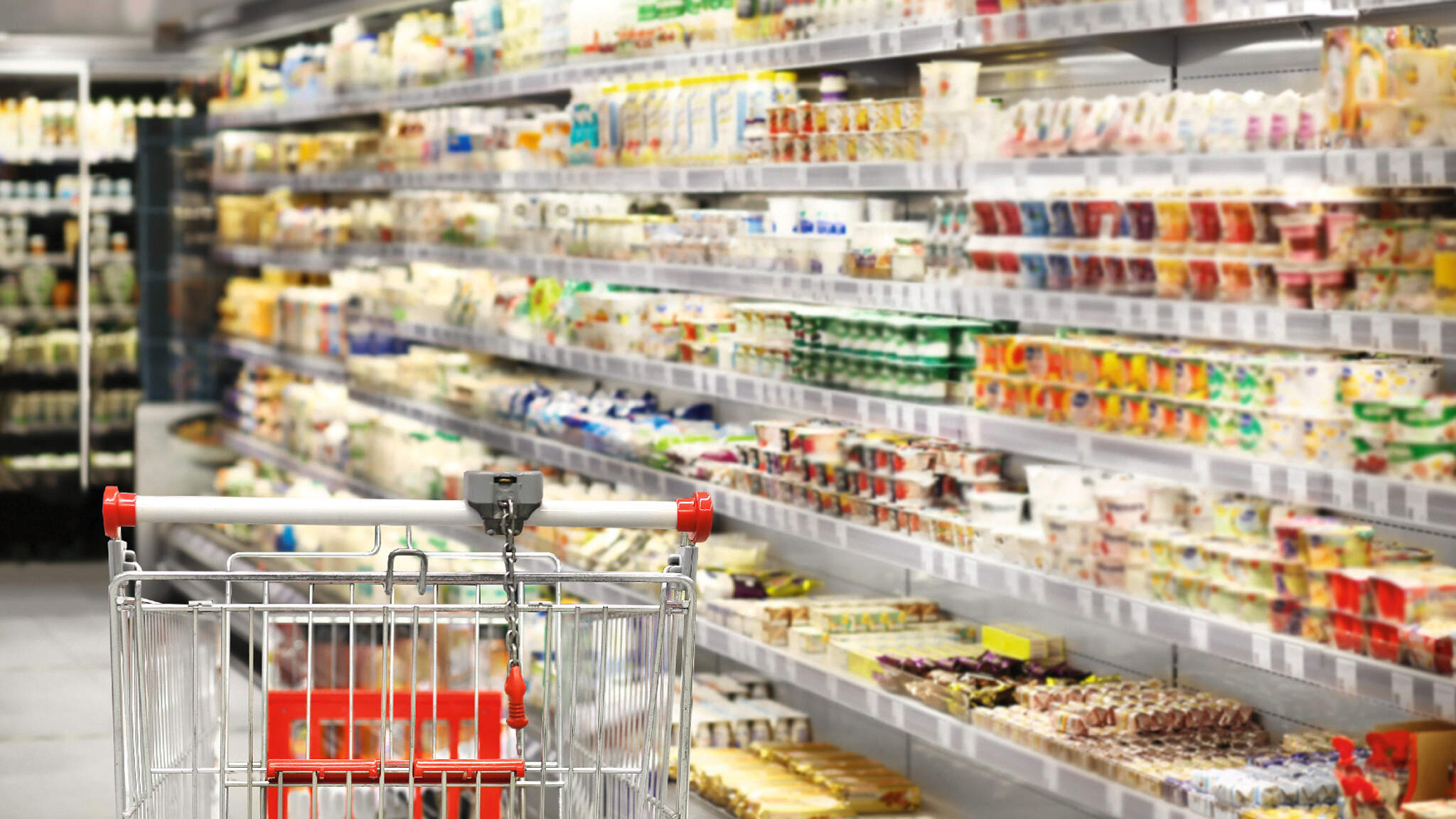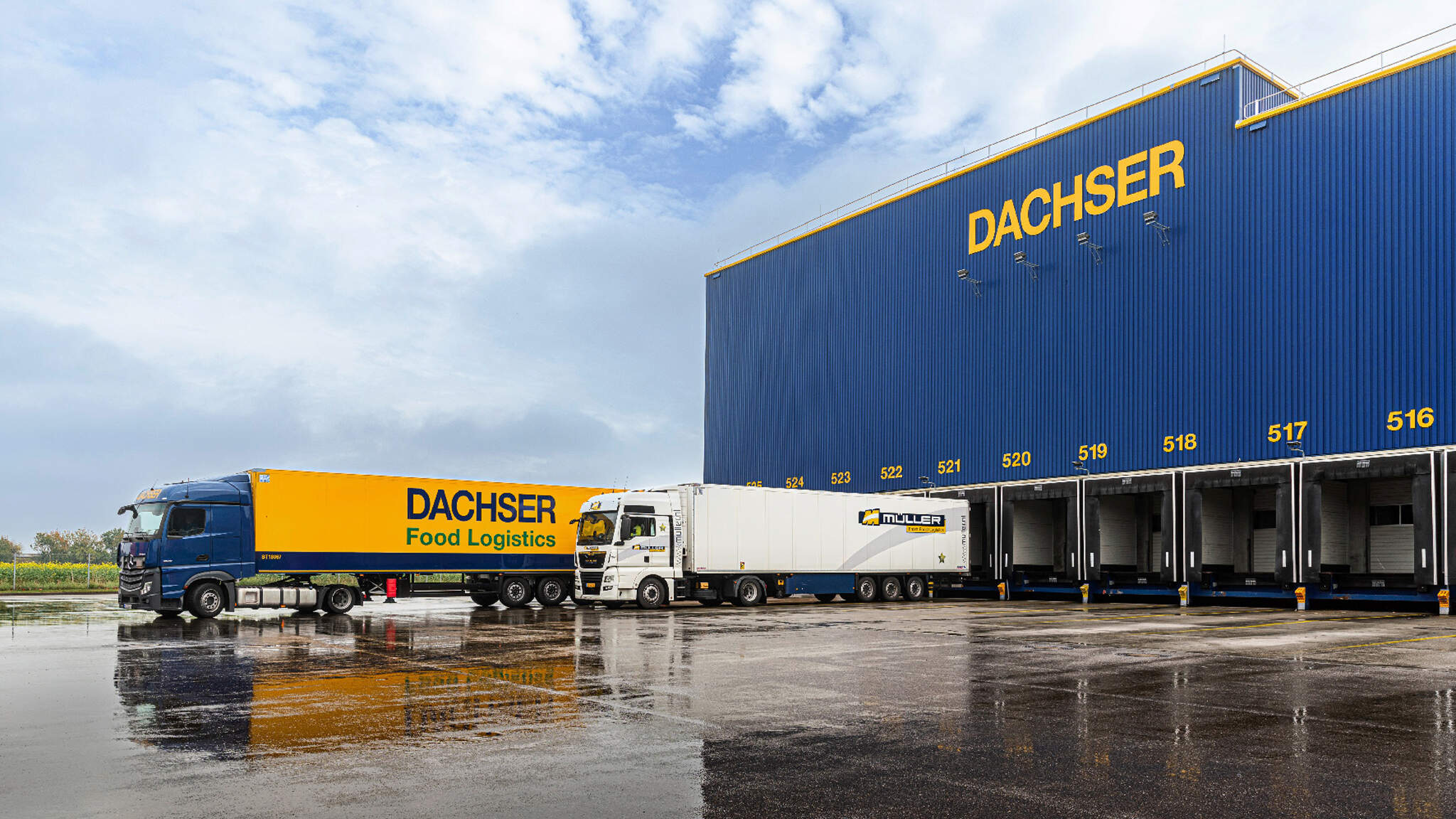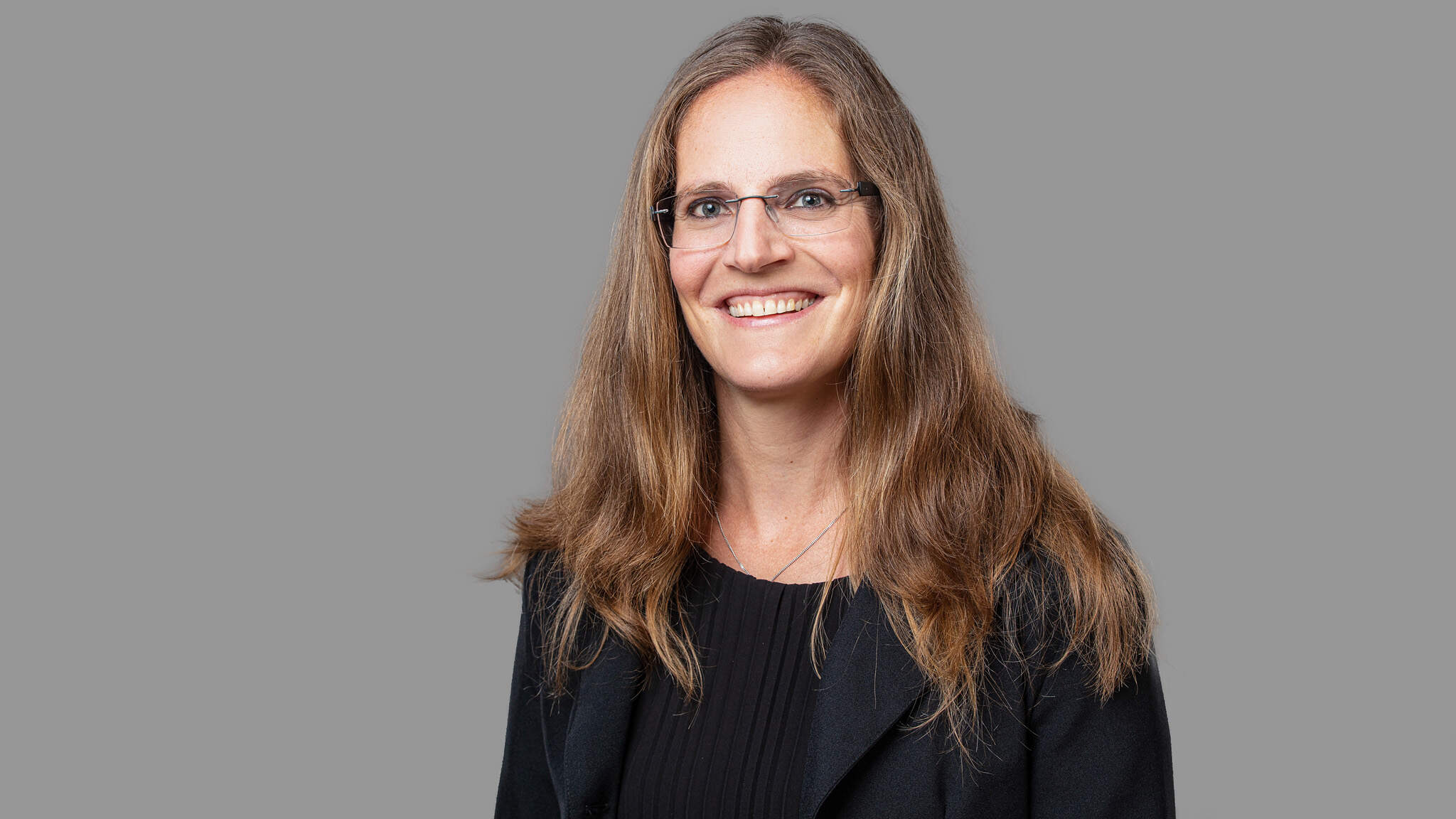Fresh wins
Food logistics is a growth factor in Europe. DACHSER has further expanded its own network with pioneering acquisitions and is investing in climate action and digitalization. Its network partners on the Continent benefit from this as well.

For many years, the Food Logistics business unit has been a source of growth for DACHSER. It’s a trend that is mirrored in the statistics for the food market: analysts from Statista Market Insights expect sales in the European food market to reach around EUR 1.936 trillion in 2024. By 2028, volume is expected to rise as high as EUR 2.424 trillion, for annual sales growth of 5.78 percent. Statista forecasts that an average of 533.1 kilograms of food will be consumed per capita in 2024.
Despite crises such as the Covid-19 pandemic or the Russian war of aggression on Ukraine and the associated loss of grain supplies, the Food Logistics business has remained relatively stable. The price increases caused by inflation have also left their mark, but to a lesser extent than in other sectors of the economy.
“DACHSER Food Logistics expects moderate volume growth in 2024. Although the weak economy continues to dampen sentiment in Germany, the rise in inflation, which we believe was the biggest brake on the food market last year, has recently declined significantly. We expect additional growth stimulus from major sporting events such as the European Football Championship and associated catering events here in Germany,” says Alexander Tonn, COO DACHSER Road Logistics, who took over the management of the Food Logistics business at the beginning of the year. Alfred Miller, long-time Managing Director of DACHSER Food Logistics, retired at the end of last year.
DACHSER Food Logistics always has cross-border, international logistics services in mind. Germany, for example, is the world’s third largest food exporter. Its main exports include meat, confectionery, dairy products, and ready-to-eat meals. Around 70 percent of these exports go to customers within the European Union, mostly in the Netherlands, France, and Italy.
Making history in Europe
This Europe-wide mindset plays a special role in the success story of the European Food Network. In 2013, food logistics companies from all over Europe joined forces to pool and synchronize their services under DACHSER’s system leadership. Today, 23 network members connect the markets of 34 countries. One milestone was when the European food hub at DACHSER Erlensee near Frankfurt am Main went into operation in 2016. With its central location in the Rhine-Main region and cargo handling operations running Monday through Saturday, DACHSER Erlensee is an important hub for trans-European food shipments. It has allowed transit times to be optimized, meaning goods are on the road for an average of one day less—a significant time saving for fresh products.
“Our recent acquisitions in the Netherlands and in the Nordics consolidate our position among the leading food logistics companies in Europe.”
DACHSER has also expanded its own international food logistics network in recent years. The company acquired Dutch market leader Müller Fresh Food Logistics at the beginning of 2023; now a DACHSER subsidiary, it became a partner in the European Food Network as of January 1, 2024. It’s a win-win for everyone. In the past, Müller generated a good 80 percent of its revenue in the Netherlands, with the remaining 20 percent accounted for by the other Benelux countries and the UK. “Under the DACHSER umbrella, we have become a European player and also taken a huge leap in professionalization,” says Jan-Peter Müller, CEO of Müller Fresh Food Logistics.
Integration like this unlocks multiple synergies, strengthens the network, and offers advantages for customers. Take information technology, for example. “We certainly have a powerful IT setup, but DACHSER’s IT systems are in a different league,” Müller explains. In the future, the company will be able to provide its export customers in the Netherlands with the DACHSER eLogistics portal, which offers comprehensive tracking and tracing information and digital proof of delivery. “This is a milestone in logistics service,” Müller says.
In addition to connecting the IT systems and synchronizing processes, it’s particularly important to integrate employees into the DACHSER family. Fortunately, both companies cultivate a culture typical of medium-sized companies, one that includes values such as trust and reliability as well as action taken with the long view in mind, Müller explains. “Having the same corporate culture makes integration much easier,” he adds.

Market entry in the Nordics
And the next step has already been taken. With the acquisition of Swedish company Frigoscandia AB, DACHSER expanded its own European food logistics network to Sweden, Norway, and Finland at the start of the year. “Our recent acquisitions in the Netherlands and in the Nordics consolidate our position among the leading food logistics companies in Europe,” Tonn says. With revenue of some EUR 300 million, Frigoscandia is the leading provider of temperature-controlled logistics in Sweden, Norway, and Finland. It has been a partner in the European Food Network since 2019.
“This makes integration easier, as there are no duplicate structures and DACHSER can take on all Frigoscandia employees,” Tonn adds. The acquisition was completed in March 2024 and the full integration of Frigoscandia has begun.
“We invested a lot in expanding the food logistics network over the past year,” Tonn says. However, internationalization is just one challenge for the wider food industry. Another is that the market and legislators are placing increasing demands on the design of supply chains to ensure they are sustainable and more climate-friendly.
In response, DACHSER is testing emission-free refrigerated semi-trailers to help customers achieve greater sustainability. Four battery-electric trailers from Krone are in operation at the Erlensee, Hamburg, and Langenau supply depots. “The aim is to put the technology through its paces in everyday operations,” says Tobias Ritter, Department Head Production and Network Processes at DACHSER Food Logistics. The cooling needs to work reliably on longer journeys and in traffic jams, too. A full battery can cool the trailer for five to six hours without an external power supply.
The trailers are charged directly at the loading gates or via an axle generator, similar to a bicycle dynamo: once the trailer is moving at 20 kilometers per hour or faster, the axle generator supplies enough power to cool and charge the battery. Preliminary results have been promising: not only can the electric trailers improve the carbon footprint of food transport, but they are also much quieter than trailers with diesel-powered refrigerating units. “Our plan is to use even more of these electric units to further our climate goals,” says Christian Schütz, Department Head Technics/Technical Purchase at DACHSER.
In addition to environmental and climate issues, a further issue facing the industry is increased digitalization. “DACHSER put digitalization on its agenda early on,” Tonn says. Artificial intelligence in image processing and automation technologies in groupage handling are just as much a part of this as the @ILO digital twin. The latter creates a digital image of all goods, assets, and processes in the transit terminal and makes the data available in real time. “This means we can deliver high quality and still meet complex customer requirements. It also helps us overcome the challenges arising from the shortage of space and of skilled workers,” Tonn explains. Following a successful pilot phase at Unterschleißheim near Munich and at Öhringen near Heilbronn, the award-winning digital twin was also introduced at the beginning of the year at the key DACHSER Food Logistics branch in Erlensee.
